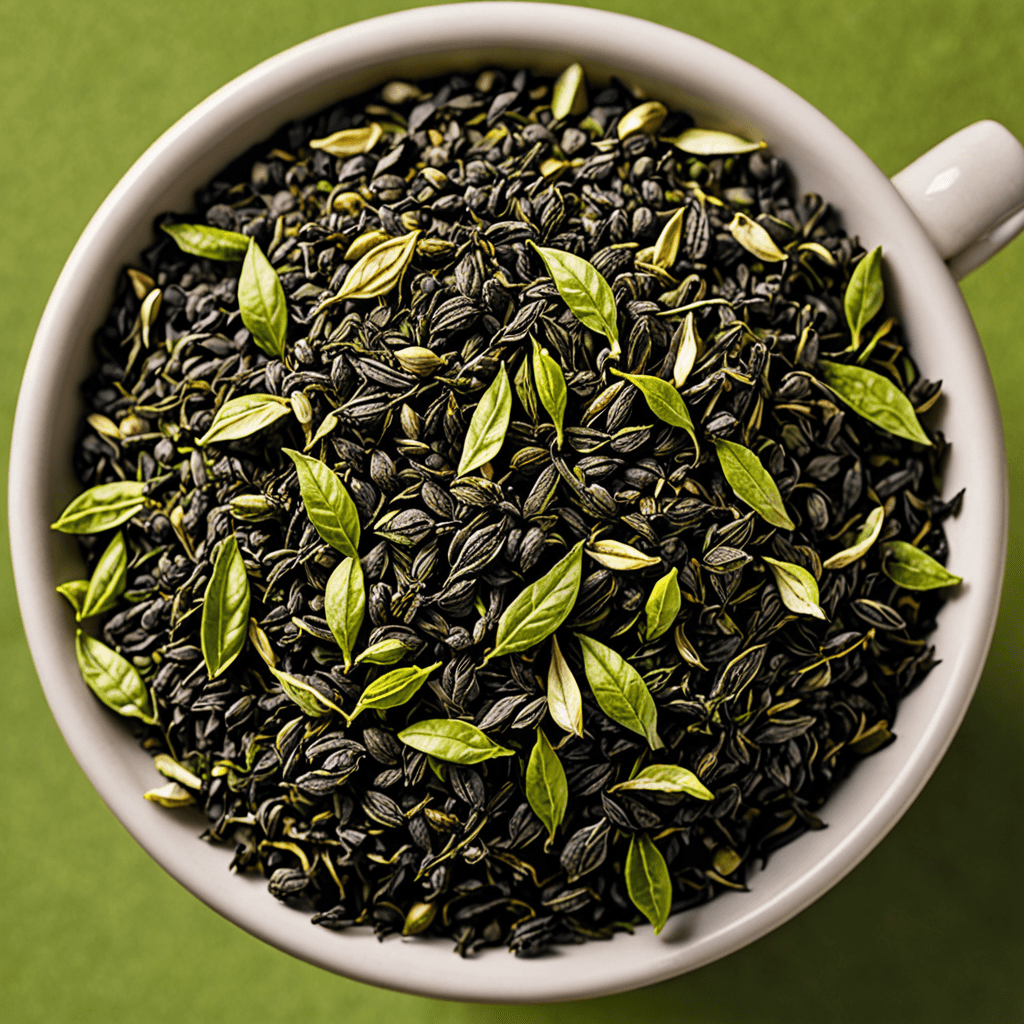Assam Tea: A Rich History in Every Cup
I. Introduction:
Assam tea, renowned for its bold flavor and malty aroma, has a captivating history steeped in tradition and innovation. The discovery of the indigenous Assam tea plant in the early 19th century marked the beginning of this celebrated beverage's journey.
II. Origins of Assam Tea:
Native to the lush Brahmaputra Valley in Assam, India, the tea plant (Camellia sinensis var. assamica) was initially used by indigenous tribes for medicinal and ceremonial purposes. In 1823, British explorer Robert Bruce discovered these plants and recognized their potential as a commercial crop.
III. Commercialization and Expansion:
The British East India Company, eager to establish a monopoly on the lucrative tea trade, seized the opportunity and began cultivating Assam tea on a large scale. Plantations were established across the region, transforming Assam into one of the world's leading tea-producing areas.
IV. Labor and Production:
The burgeoning tea industry necessitated a substantial labor force. Migrant workers from neighboring states flocked to Assam, giving rise to diverse plantation communities. Innovations in processing and cultivation methods, such as the CTC (crush, tear, curl) method, further enhanced productivity and quality.
V. Golden Age of Assam Tea:
By the late 19th century, Assam tea had gained global recognition and fueled the region's economic prosperity. The industry flourished, with numerous tea gardens and factories dotting the landscape. Assam became synonymous with premium-quality tea, establishing a reputation that endures to this day.
VI. Challenges and Adaptations:
Throughout its history, Assam tea has faced challenges that have tested its resilience. Blights and pests have periodically threatened crops, prompting innovations in pest management. Environmental pressures, such as climate change, have also necessitated adaptations in cultivation practices. Sustainable farming methods have emerged as a means to protect both the environment and the long-term viability of the industry.
VII. Geographical Indication and Recognition:
Assam tea has gained global recognition for its unique qualities, leading to the establishment of a Geographical Indication (GI) in 2000. This certification protects the intellectual property rights of Assam tea and ensures that only tea grown and processed in the Brahmaputra Valley region can be labeled as "Assam Tea."
VIII. Contemporary Assam Tea:
In recent years, Assam tea has embraced contemporary trends while preserving its traditional roots. Sustainable farming practices, such as organic and biodynamic methods, have gained prominence. Specialty teas, catering to diverse preferences, have also emerged, showcasing unique flavors and aromas. Assam tea continues to evolve, capturing the hearts of tea enthusiasts worldwide.
IX. Cultural and Social Significance:
Tea is deeply woven into the cultural fabric of Assam. It is an integral part of daily life, from morning rituals to social gatherings. Assam tea festivals celebrate the region's tea heritage and promote the local economy. Tourists flock to Assam to experience tea plantations and learn about the intricate process of tea production.
X. Conclusion:
Assam tea has come a long way from its humble beginnings, transforming into a renowned beverage enjoyed globally. Its rich history, exceptional quality, and cultural significance have solidified its position as a beloved tea. As the industry continues to innovate and adapt, Assam tea promises to captivate tea lovers for generations to come, inspiring a lasting legacy and enduring global appeal.
##FAQs:
Q: What makes Assam tea unique?
A: Assam tea stands out for its bold flavor, malty aroma, and rich copper color, attributed to its unique growing conditions in the Brahmaputra Valley.
Q: How is Assam tea processed?
A: Assam tea is primarily processed using the CTC (crush, tear, curl) method, which produces the characteristically robust flavor and briskness.
Q: What are the different types of Assam tea?
A: Assam tea encompasses a range of varieties, including black tea, green tea, and white tea, each with its distinct flavor profile and health benefits.
Q: Where can I buy authentic Assam tea?
A: Authentic Assam tea can be found in specialty tea shops, online retailers, and directly from tea gardens in the Brahmaputra Valley. Look for teas certified with the Assam Tea GI logo.


